Honestly, I love it for a whole lot of reasons but only one in particular that I often share with readers here: I see film noir as a black-and-white existence most often populated with broken people making broken choices, and I like to call these characters ‘monsters of a sort.’ That’s why I’ll occasionally cover noirs in this space – along with the Science Fiction, Fantasy, and Horror features – when I get the inkling, and that happens a lot when I can squeeze in the screenings.
Such is the case today as I was graciously provided a complimentary Blu-ray set by Kino Lorber: Film Noir – The Dark Side Of Cinema, Volume XIII.
First up: an exceptional spy story – certainly not unheard of for noir – that goes by the name of Spy Hunt.
(NOTE: The following review will contain minor spoilers necessary solely for the discussion of plot and/or characters. If you’re the type of reader who prefers a review entirely spoiler-free, then I’d encourage you to skip down to the last few paragraphs for the final assessment. If, however, you’re accepting of a few modest hints at ‘things to come,’ then read on …)
From the film’s IMDB.com page citation:
“During the Cold War, a microfilm concealed in the collar of a panther, transported by freight rail, is sought by several spies after the animal escapes its cage following the train’s derailment in Switzerland.”
If that plot synopsis sounds a bit convoluted, then all I can say is rest assured that it actually works quite nicely throughout Spy Hunt, a mostly lean Cold War-style thriller involving guys, spies, and lies. For a picture I’d never even heard about before popping it in the player, this one was a wonderful surprise. It boasts a solid premise, a few welcome character twists, and even a bit of dated but interesting well shot action sequences. In fact, I enjoyed it so much because it exemplifies a kind of loosely stylized storytelling found most often in only the best older flicks. Feel free to add this one to your list.
Steve Quain (played by a memorable Howard Duff) is – apparently – an animal trainer in Europe who seizes upon the opportunity to escort a few famed black panthers on a rail trip that is supposed to inevitably take him back home to the good ol’ United States. However, a lovely secret agent by the name of Catherine Ullven (a mildly exotic Märta Torén) has been tasked by her superiors to hide proof of some political skullduggery (on a microfilm) in one of the wild animals’ collars, certainly a place no mortal man would think to search. But the chance discovery by a pair of conspiring thugs puts them in pursuit, meaning that the good lady will have to get the evidence back before it falls back into the hands of the enemy! As tends to happen in – cough cough – thrilling melodramas of the bygone era, she not only teams up with Quain to hunt the escaped beasts through the Swiss Alps but also pledges her heart to him before all is said-and-done in the big finish. Once again, Hollywood proves that love conquers all.
Yes, yes, and yes: reading between the lines, one might discern that the whole affair of Spy Hunt is a bit incredulous at times, but the cast and crew buy strongly enough into the premise that it makes for a very entertaining adventure. George Sherman (who directed 1944’s The Lady And The Monster along with a great deal of Westerns) keeps the flick moving at an appreciable pace, never quite allowing the action or the intrigue to slow down enough to allow viewers time to question some otherwise curious circumstances. Like crafting a respectable Agatha Christie mystery, screenwriters Victor Canning, Leonard Lee, and George Zuckerman space out both character introductions and a few secret reveals effectively, never quite giving too much nor too little information but hitting the ‘just enough’ sweet spot each and every time.
In fact, the entire caper builds wonderfully to a bedside showdown wherein only Ullven’s quick thinking – and a wee bit of luck – give the good guys the chance to best the baddies in the nick of time.
Spy Hunt (1950) was produced by Universal International Pictures. DVD distribution (for this particular release) is being coordinated by the good folks at Kino Lorber. As for the technical specifications? While I’m no trained video expert, I can attest to the fact that the product packaging confirms this is an all-new 2K mastering, and it looks and sounds very, very good. (I did notice a momentary audio glitch late in the picture, and I’m guessing that might be a flaw from the source material.) Lastly, if you’re looking for special features? The disc boasts an audio commentary hosted by journalists/authors Bryan Reesman and Max Evry along with some promotional trailers for fans to review.
Highly recommended.
As Spy Hunt (1950) was packaged as part of a collection of film noirs, I’ll have to admit that – of the three – it was the strongest of the bunch, damn near head-and-shoulders over its partnered flicks. Some of this is owed to the fact that the script combines elements of a straight action picture with that of a good spy potboiler, and the production clearly benefits from some quality cinematography that takes audiences from darkened city exteriors to the great wide open of the Swiss Alps (or a reasonable facsimile). It also avoids some of the usual melodrama ascribed to so many films of its era. Still, the cast is strong, the action is solid, and good triumphs over evil in the end. What more could you ask for?
In the interests of fairness, I’m pleased to disclose that the fine folks at Kino Lorber provided me with a complimentary Blu-ray of Spy Hunt (1950) – as part of their Film Noir: The Dark Side Of Cinema XIII collection – by request for the expressed purposes of completing this review. Their contribution to me in no way, shape, or form influenced my opinion of it.
-- EZ

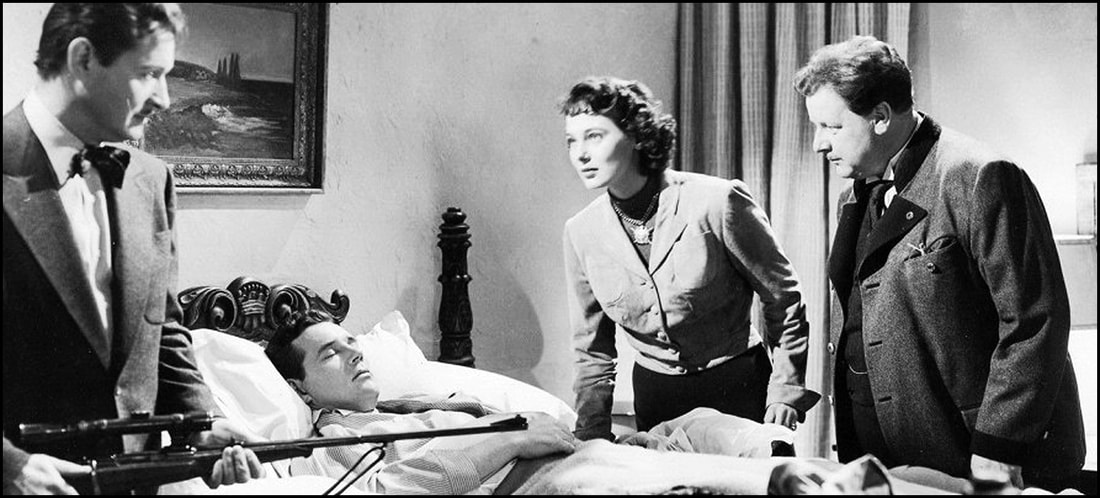
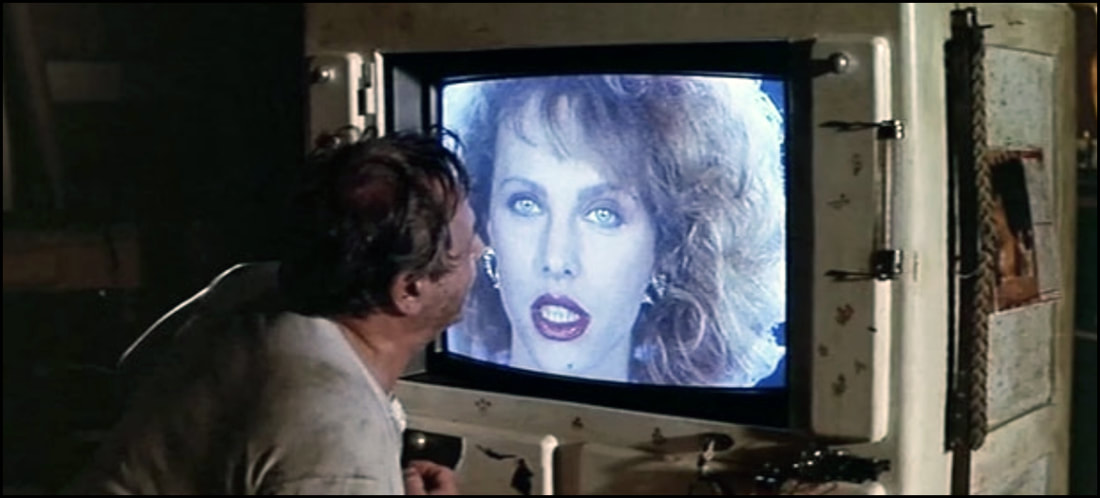
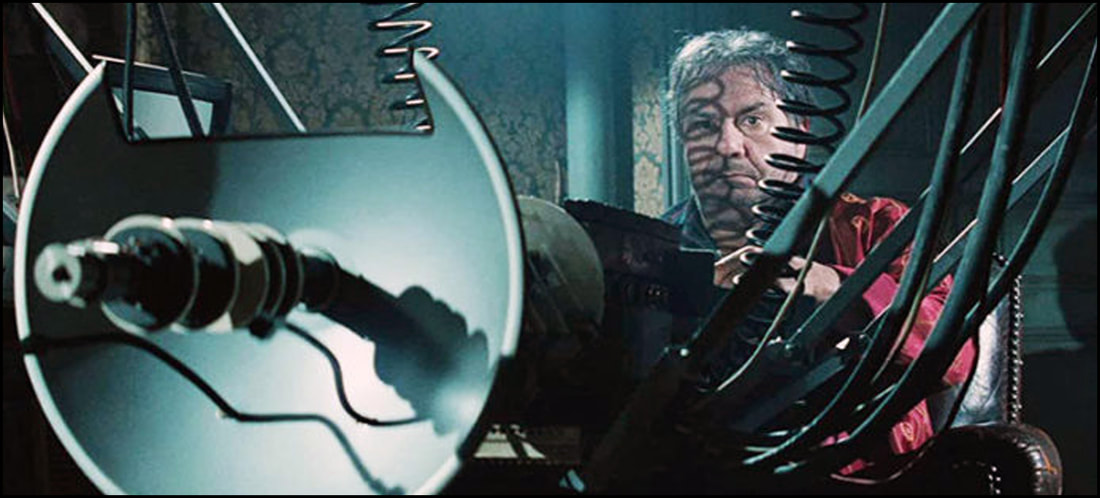
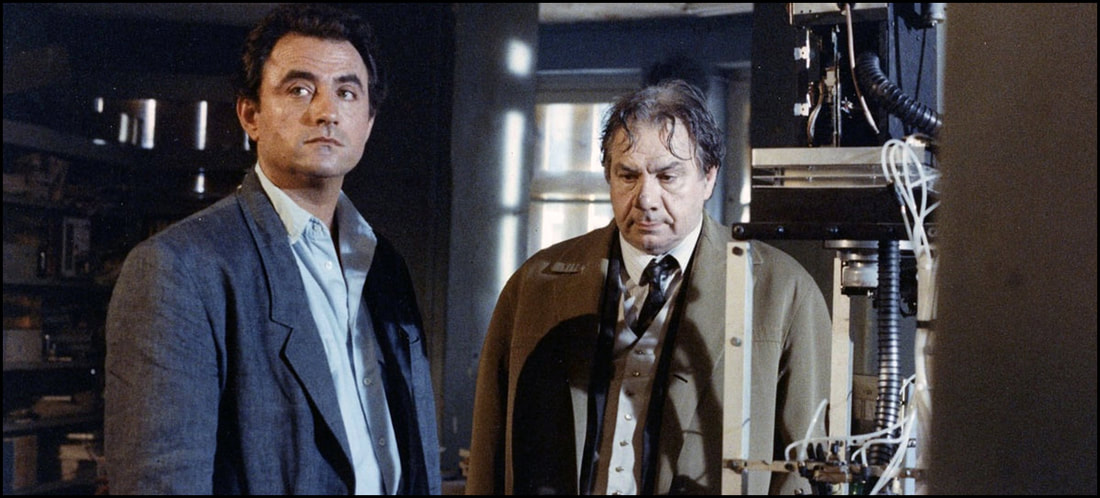
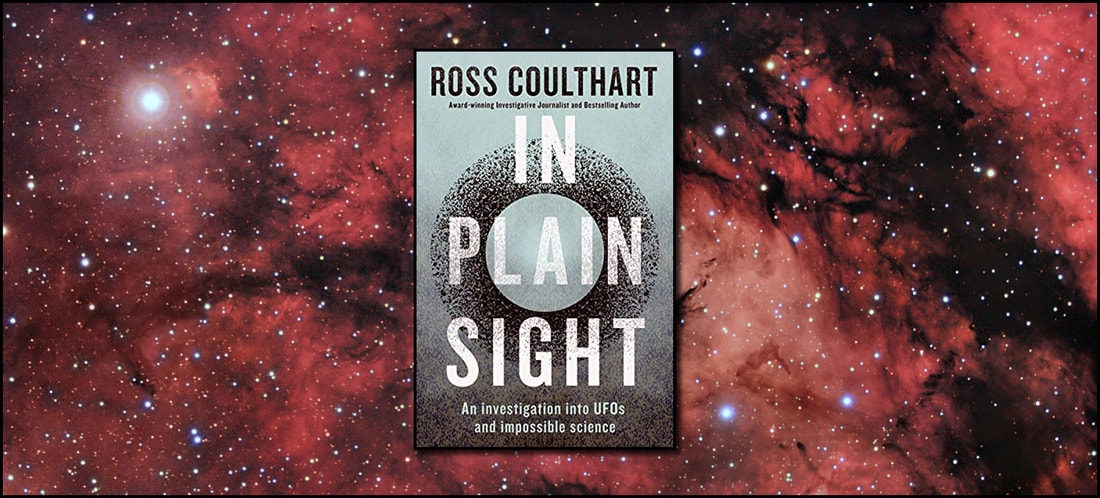
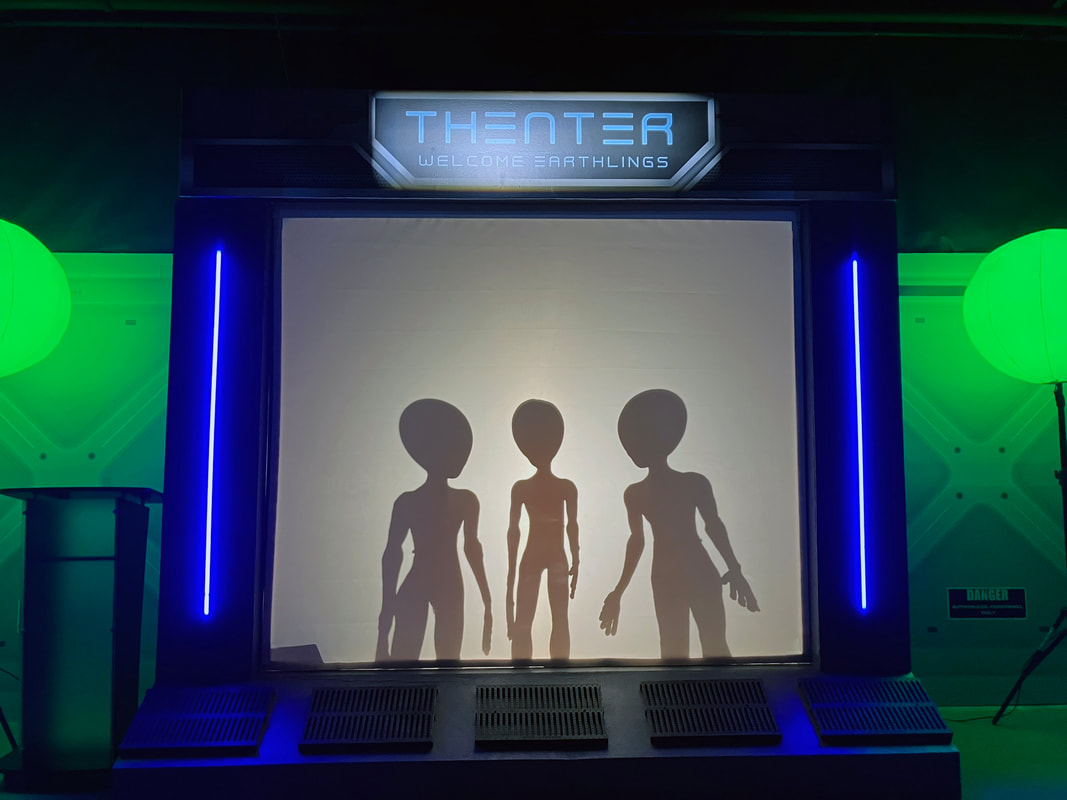

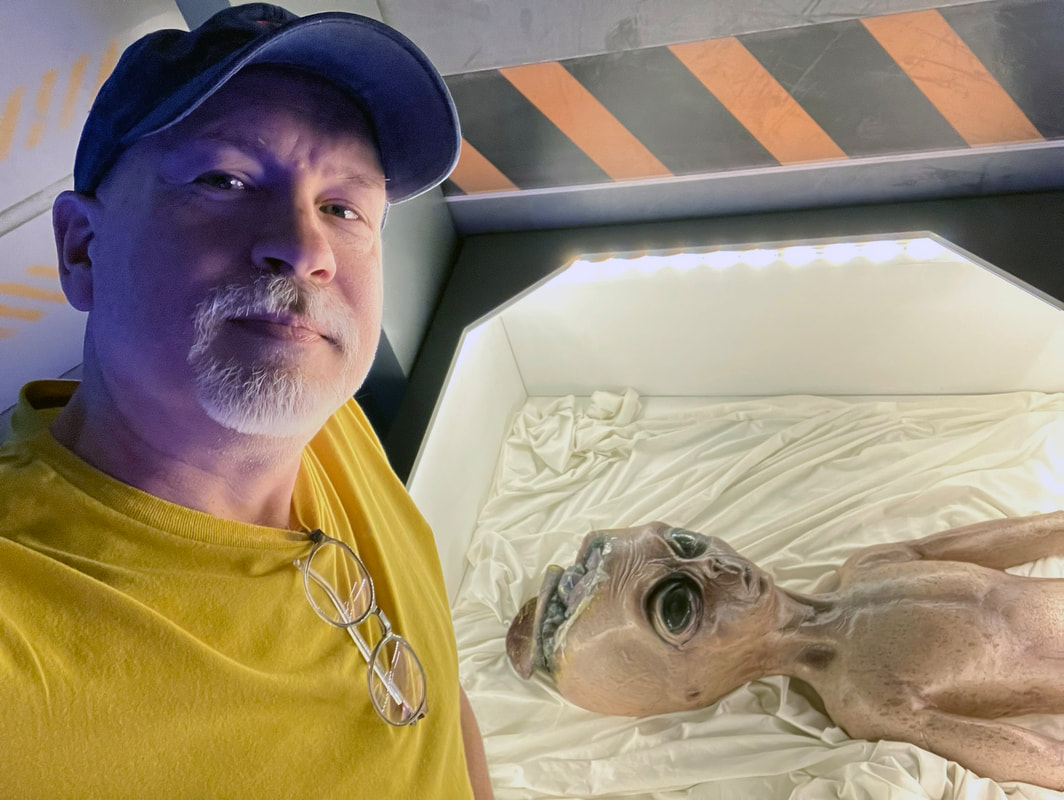

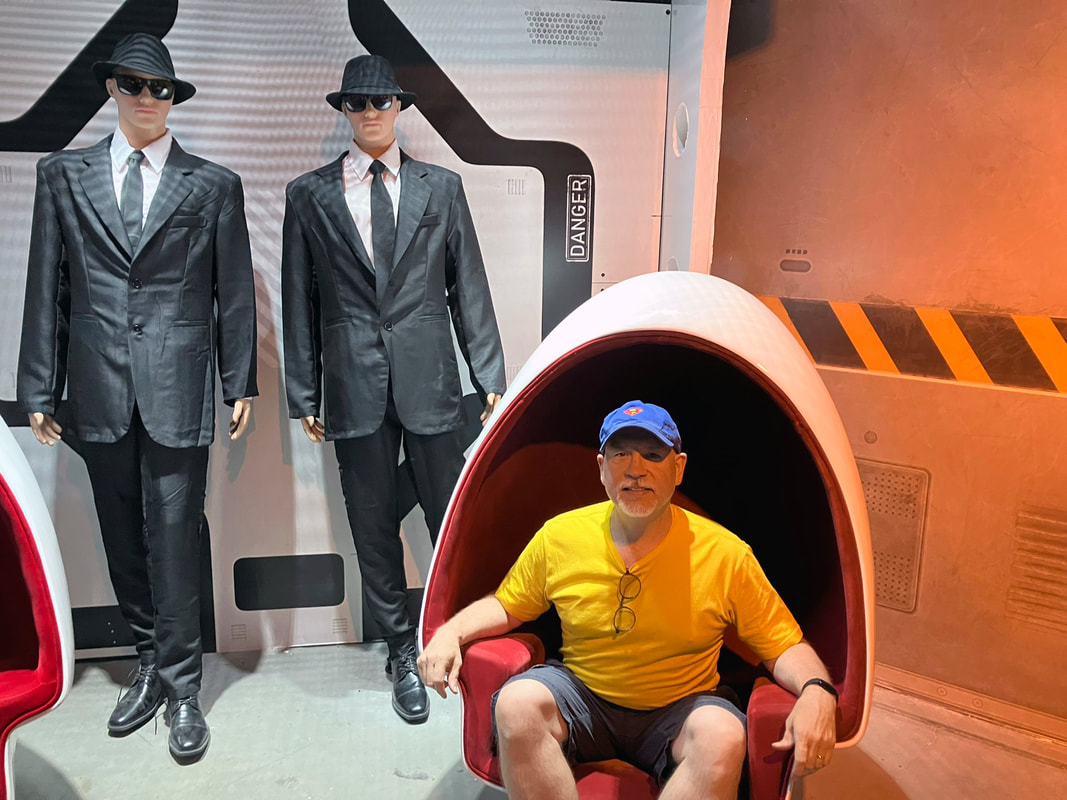
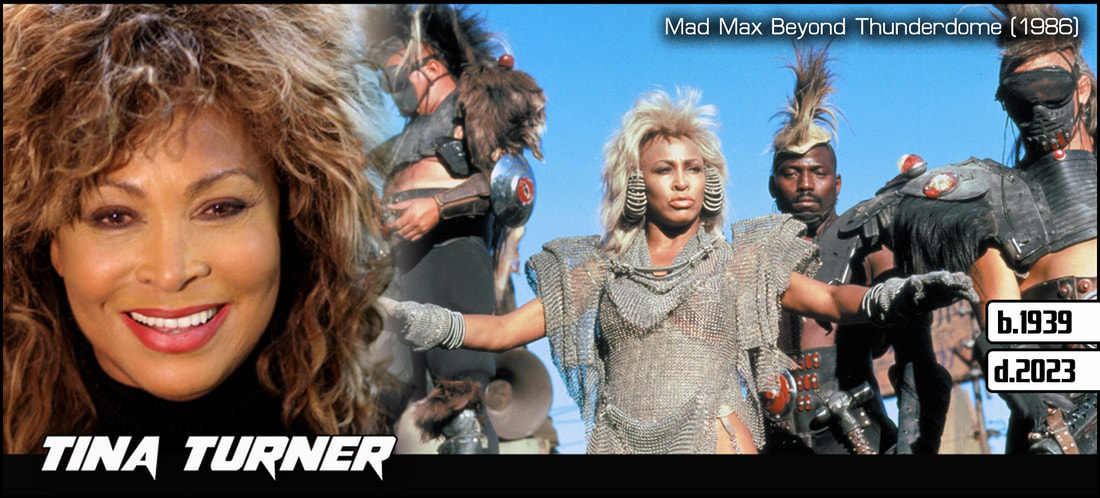
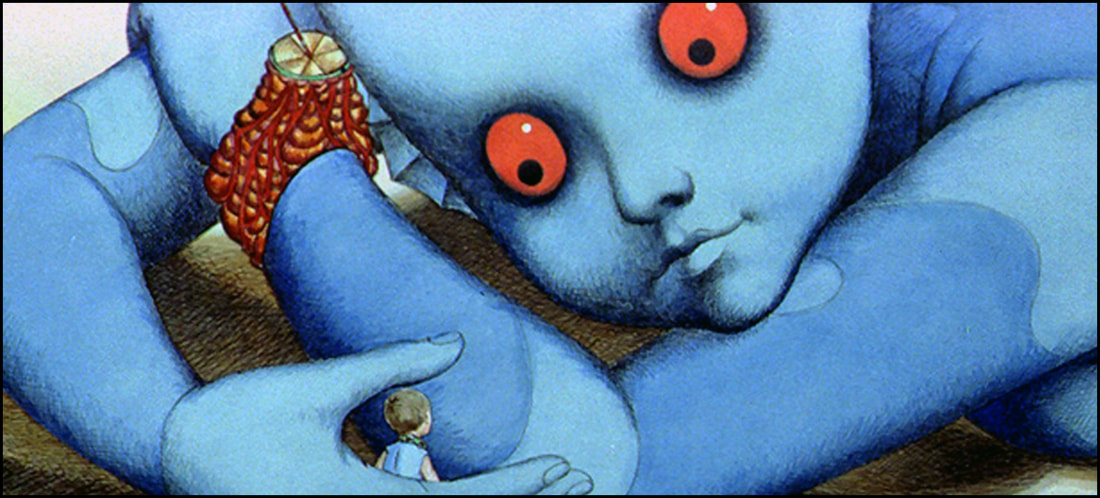
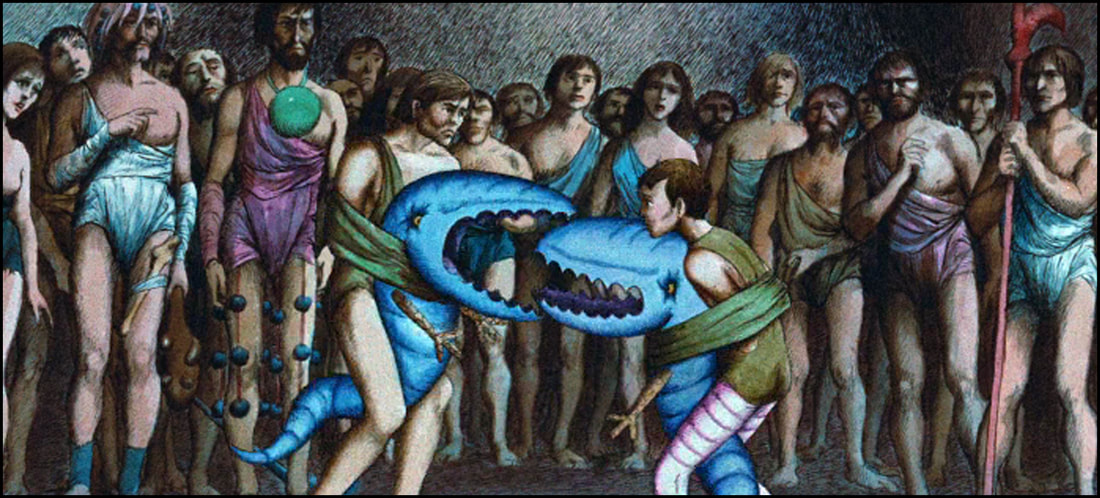
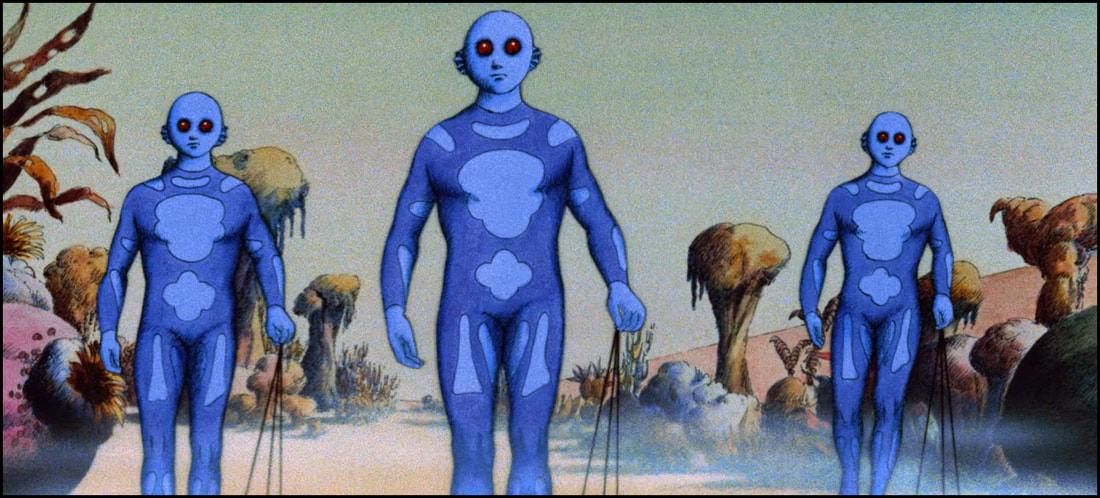
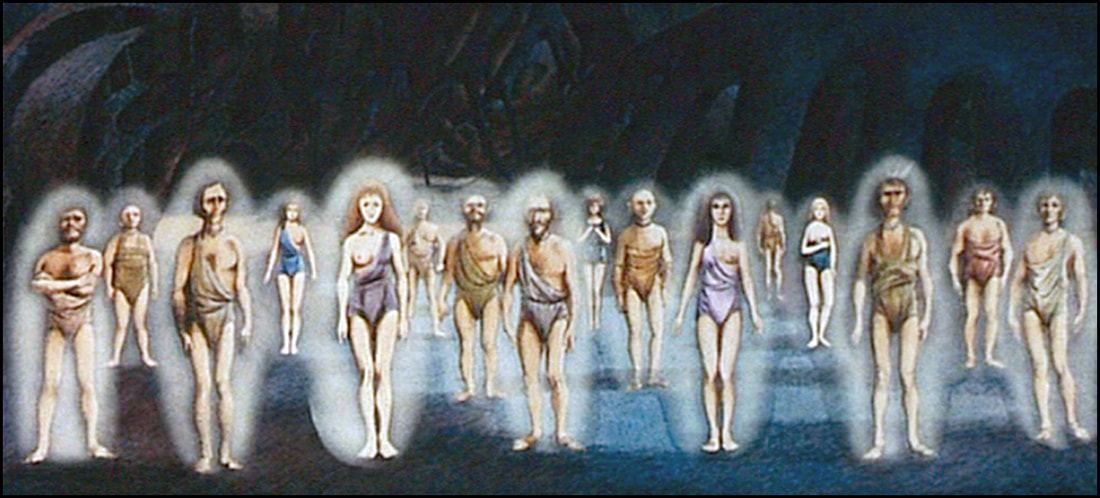
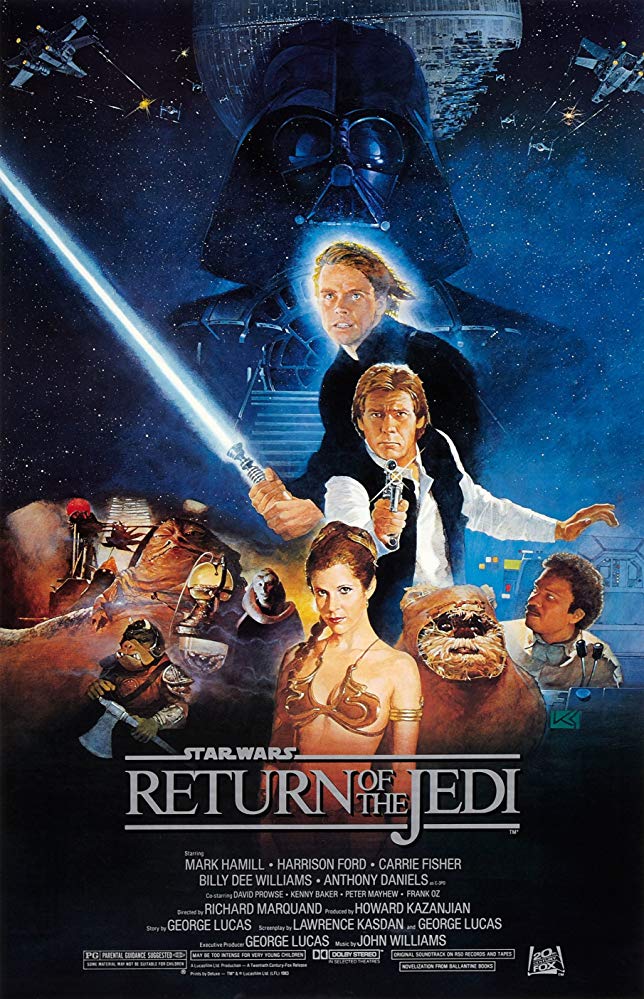
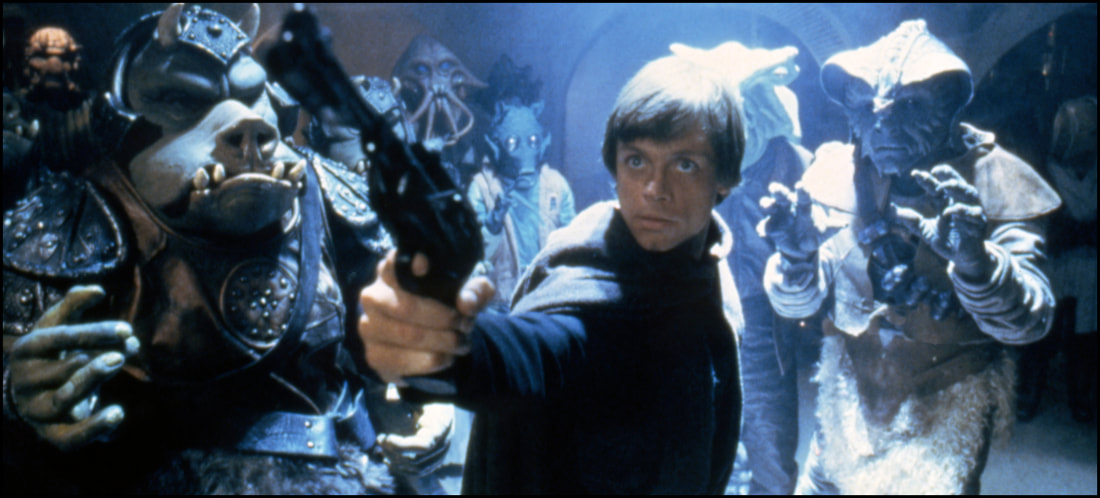
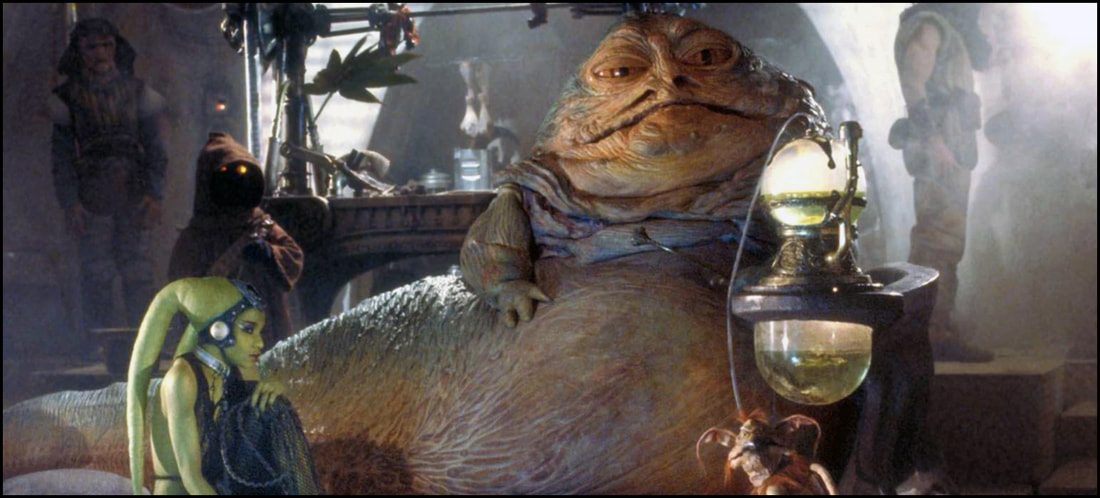
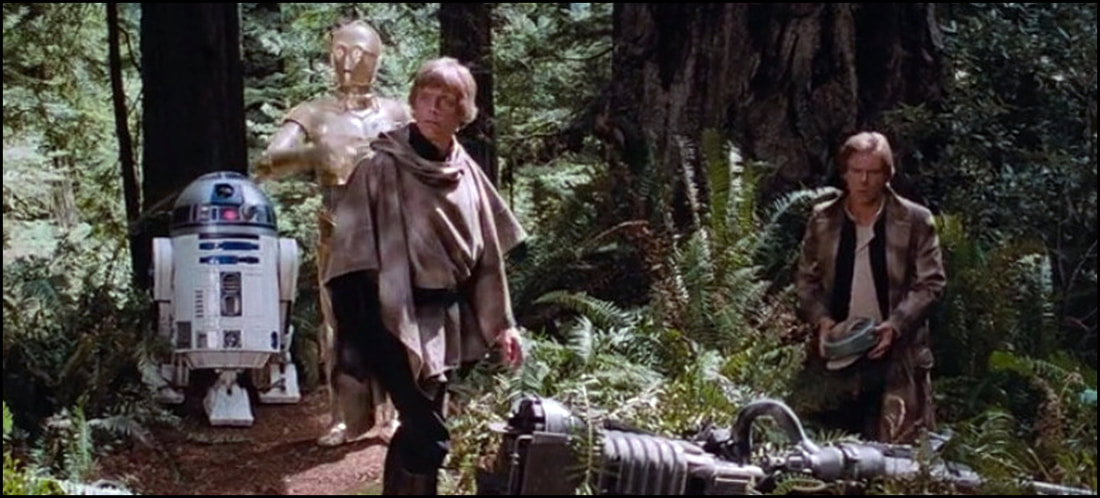
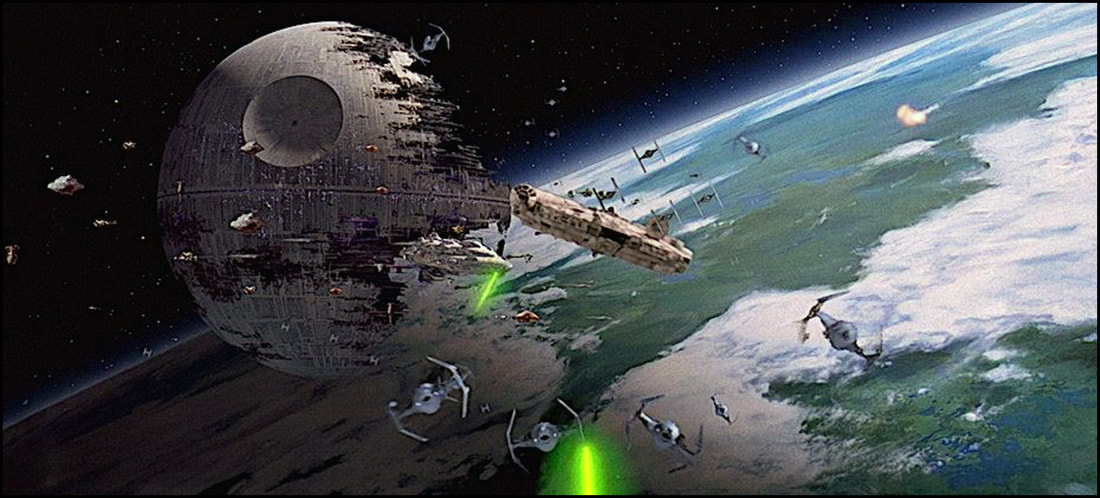
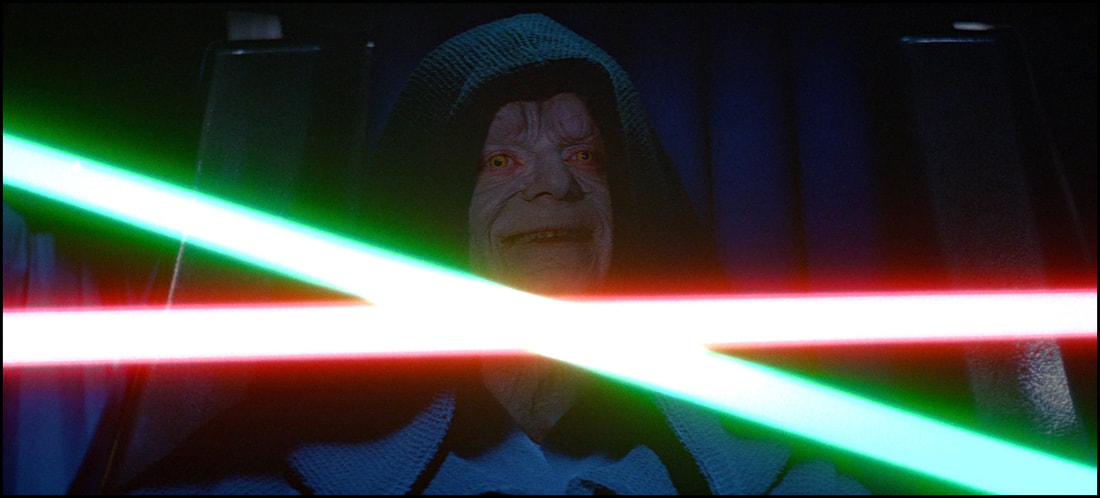
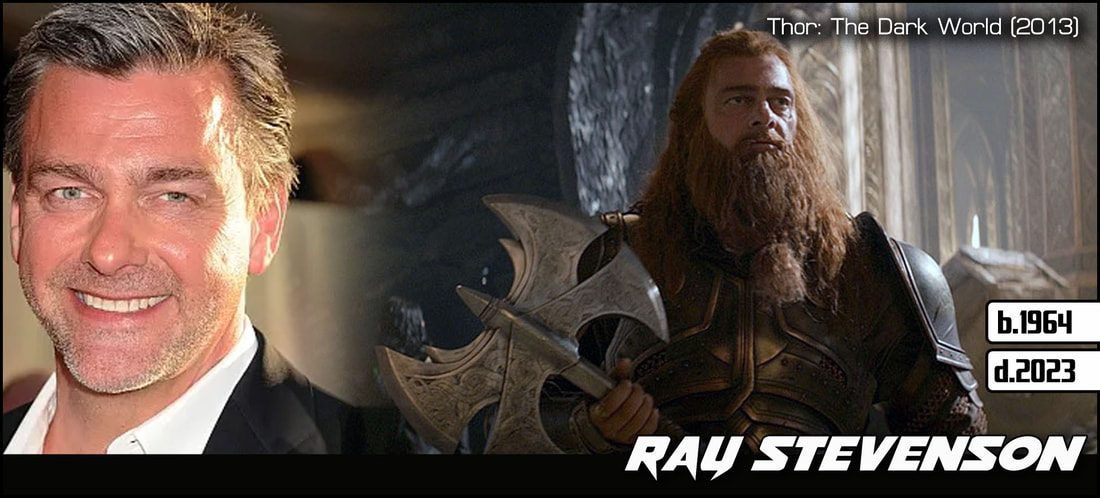
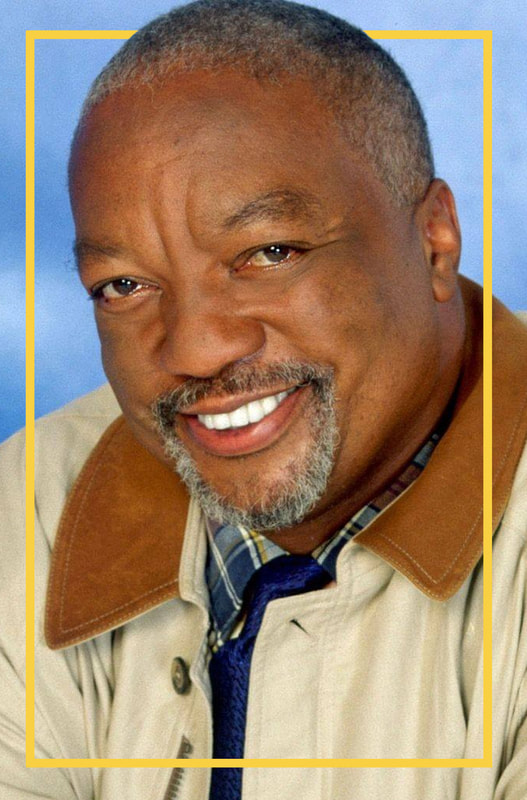
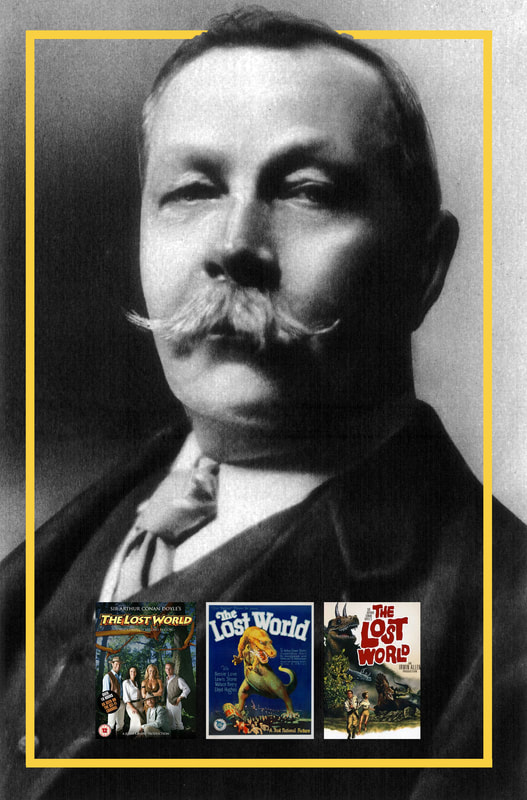
 RSS Feed
RSS Feed